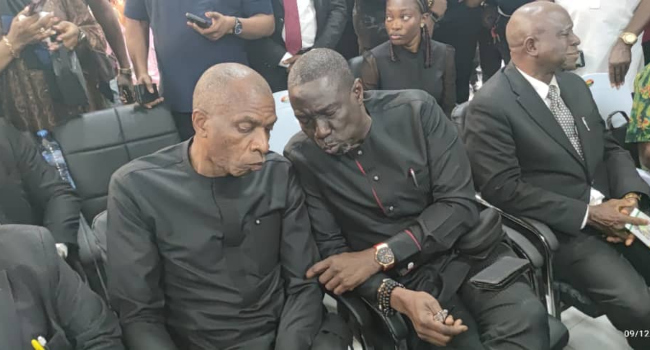By Milcah Tanimu
The Nigerian Naira has made significant gains against the Euro at the parallel market amid market reforms and economic uncertainties. The Euro recently traded at N1,690/€ from its previous rate of N1,852/€, reflecting a bearish trend for the European currency against the Nigerian Naira.
Key Factors Behind Naira’s Appreciation
- Market Reforms & Economic Changes:
The introduction of reforms in Nigeria’s foreign exchange market has stabilized trading and reduced market opacity. These reforms have helped strengthen the Naira against major currencies. - Political Uncertainty in Europe:
Political instability, especially in France, has negatively impacted the Euro. Unrest linked to France’s recent political developments has caused uncertainty, weakening its prospects. - The Electronic Foreign Exchange Matching System (EFEMS):
EFEMS has introduced real-time visibility and faster trade execution by addressing inefficiencies in the market. This system has enhanced transparency by allowing banks and authorized dealers to place buy and sell orders seamlessly.
Omolara Duke, Director of Financial Markets at the Central Bank of Nigeria (CBN), has hailed EFEMS as a transformative platform improving the foreign exchange market’s operational dynamics.
Political Uncertainty & Euro’s Challenges
The Euro’s weakness has largely stemmed from recent political developments in France. A no-confidence vote was scheduled against French Prime Minister Michel Barnier last week, exacerbating fears about economic stability. Barnier’s attempts to tackle the European deficit by implementing tax hikes and spending cuts failed, further impacting market confidence.
Furthermore, the possibility of U.S. President-elect Donald Trump’s tariffs on European exports, particularly in the auto industry, adds pressure to the Euro’s recovery. While the European Central Bank (ECB) is planning interest rate cuts, fiscal challenges across key economies like Germany and France pose additional hurdles.
Outlook for the Euro & Market Trends
While the Euro has faced challenges, signs of recovery are visible in the EUR/USD price patterns. According to technical analysis:
- The Relative Strength Index (RSI) suggests improving momentum.
- The MACD indicator shows bullish trends as green bars emerge, signaling potential upward movement.
Historical patterns indicate that December has traditionally been a strong month for the Euro. Over the past 24 years, the Euro has risen by an average of 1.6% against the U.S. Dollar during this month, with a 71% probability of ending December in positive territory.
The ECB meeting in December will likely set the short-term course for the Euro. Expectations lean toward a 25-basis-point interest rate cut rather than a 50-basis-point reduction, which could offer relief to the faltering EU economy.
Final Thoughts: Naira’s Positive Momentum Continues
The Nigerian Naira’s recent gains against the Euro are driven by both local reforms and the weakening Euro amid political uncertainty in Europe. The introduction of the Electronic Foreign Exchange Matching System has provided better market transparency, allowing the Naira to strengthen further.
Meanwhile, the Euro faces uphill challenges as political tensions and market strategies shape its prospects. The coming weeks, especially with the ECB’s decision on interest rates, will determine its next trajectory.
Stay updated for more financial trends and market analysis as these developments unfold.





